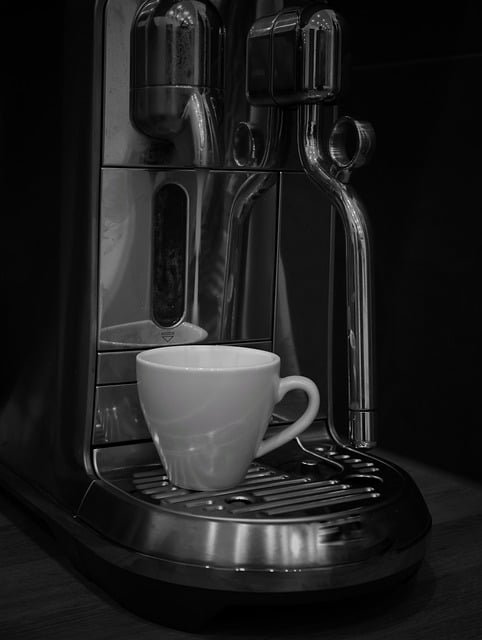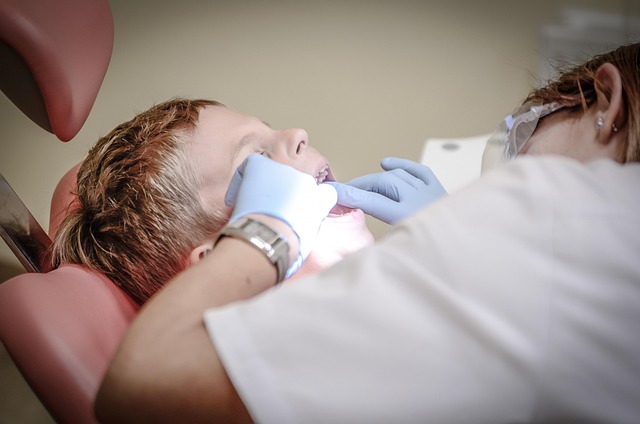Discover the best espresso machines for high-quality coffee at home in 2025.
Creating cafe-quality espresso at home has become increasingly popular, with modern machines offering professional-grade features and extraction capabilities. Whether you're an experienced barista or just beginning your coffee journey, understanding the key aspects of home espresso machines will help you make an informed decision for your perfect brew.

Understanding Different Types of Home Espresso Machines
Home espresso machines generally fall into four main categories: manual lever, semi-automatic, automatic, and super-automatic machines. Manual lever machines give complete control over the brewing process but require significant skill. Semi-automatic machines are most popular among enthusiasts, offering a balance of control and convenience. Automatic machines handle the timing for you, while super-automatic models manage the entire process from grinding to brewing.
Essential Features That Define Modern Espresso Machines
The hallmarks of a quality espresso machine include precise temperature control, consistent pressure (ideally 9 bars), and steam wand functionality for milk frothing. Premium features now commonly include PID temperature controllers, dual boilers for simultaneous brewing and steaming, and pre-infusion capabilities. Digital displays and programmable settings have also become standard in higher-end models.
Key Components for Quality Espresso Extraction
Achieving perfect espresso extraction depends on several crucial factors. The pump system must maintain stable pressure throughout brewing, while the heating system should provide consistent temperature. A quality grinder, whether built-in or separate, is essential for proper extraction. The portafilter design and basket quality also significantly impact results.
Building an Effective Home Coffee Routine
Success with home espresso making requires establishing a consistent routine. This includes proper machine warm-up (typically 15-20 minutes), regular cleaning and maintenance, and careful attention to grinding, dosing, and tamping. Developing these habits ensures optimal performance and longevity of your machine.
Top Espresso Machines for Different User Levels
| Machine Model | User Level | Key Features | Estimated Price |
|---|---|---|---|
| Breville Barista Express | Intermediate | Built-in grinder, PID control | $699-799 |
| Rancilio Silvia | Advanced | Commercial-grade components | $799-899 |
| DeLonghi La Specialista | Beginner | Smart tamping system | $899-999 |
| Lelit Bianca | Professional | Flow control, dual boiler | $2,899-3,099 |
| Gaggia Classic Pro | Entry-level | Commercial steam wand | $449-549 |
Prices, rates, or cost estimates mentioned in this article are based on the latest available information but may change over time. Independent research is advised before making financial decisions.
Common Challenges and Troubleshooting Tips
Frequent issues include inconsistent extraction, poor crema formation, and temperature fluctuations. Regular maintenance, proper grind size adjustment, and consistent tamping pressure can resolve many common problems. Understanding your machine’s specific needs and maintaining proper cleaning schedules will prevent most issues before they arise.
The perfect home espresso setup depends on your skill level, budget, and desired level of involvement in the brewing process. While high-end machines offer more features and control, even entry-level models can produce excellent results with proper technique and maintenance. Consider your daily coffee routine and long-term goals when selecting the right machine for your needs.




